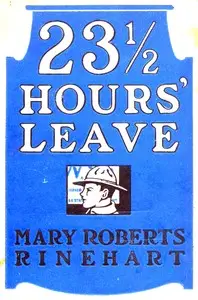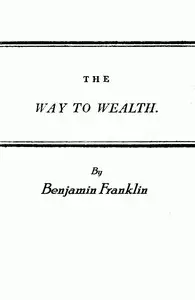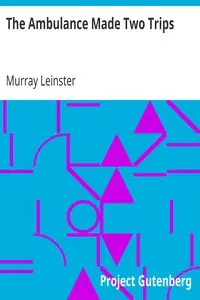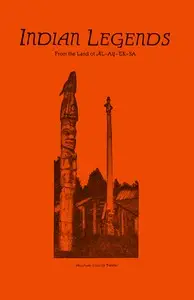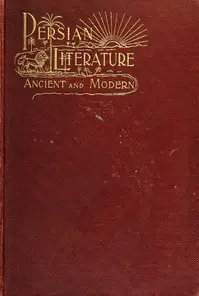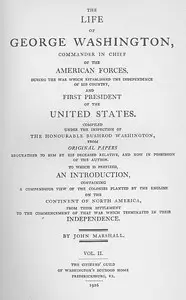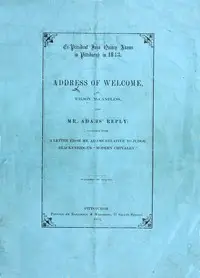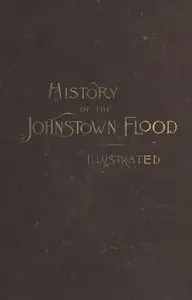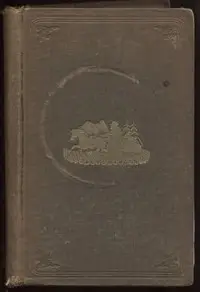"The Altar of Freedom" by Mary Roberts Rinehart is a poignant reflection on motherhood and patriotism, written during the early 20th century, specifically in the context of World War I. This book, a blend of personal narrative and social commentary, explores the emotional journey of mothers as they confront the reality of sending their sons off to war. Rinehart delves into themes of sacrifice, duty, and the collective responsibility of citizens in times of national crisis. In this powerful exposition, Rinehart articulates the inner turmoil of mothers as they grapple with the duality of pride and fear in the face of impending war. She recounts her own experiences and those of other mothers, emphasizing that while men fight on the battlefield, the true backbone of a nation lies in the resilient women who nurture and prepare them for this duty. Through heartfelt anecdotes and reflections on the ideals of freedom, sacrifice, and national unity, Rinehart ultimately calls for solidarity and action among women, urging them to support their sons and contribute to the war effort while demanding accountability and preparation from their government. The narrative is deeply moving, resonating with anyone who understands the complexity of love and duty amid the backdrop of war. (This is an automatically generated summary.)
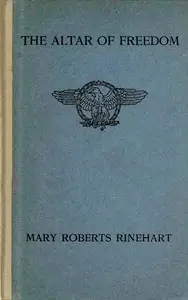
The Altar of Freedom
By Mary Roberts Rinehart
"The Altar of Freedom" by Mary Roberts Rinehart is a poignant reflection on motherhood and patriotism, written during the early 20th century, specific...
Mary Roberts Rinehart was an American writer, often called the American Agatha Christie. Rinehart published her first mystery novel The Circular Staircase in 1908, which introduced the "had I but known" narrative style. Rinehart is also considered the earliest known source of the phrase "the butler did it", in her novel The Door (1930), although the exact phrase does not appear in her work and the plot device had been used prior to that time. She also worked to tell the stories and experiences of front line soldiers during World War I, one of the first women to travel to the Belgian front lines.






